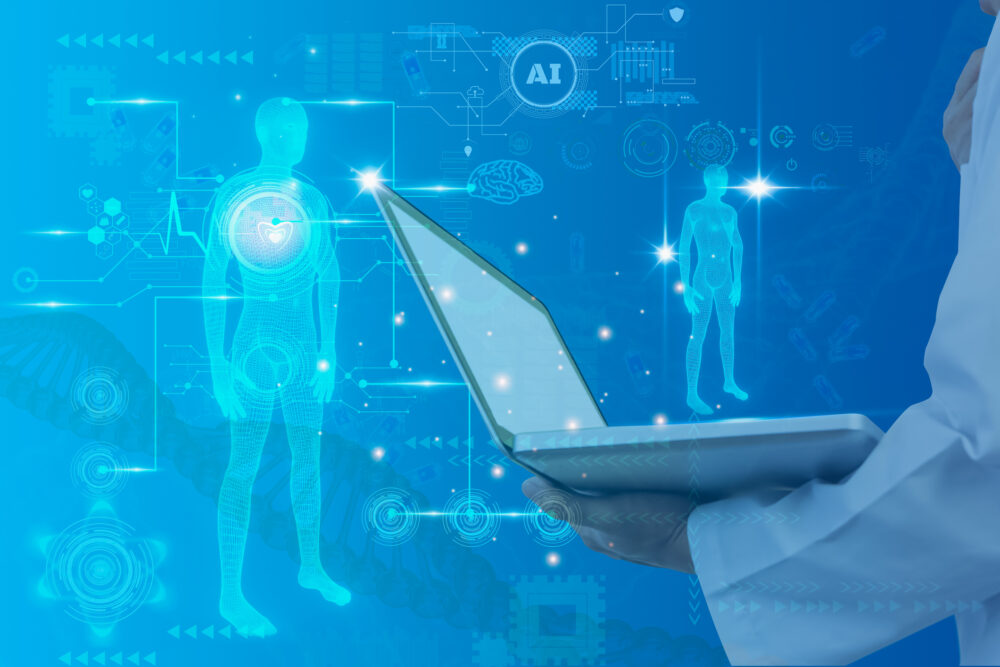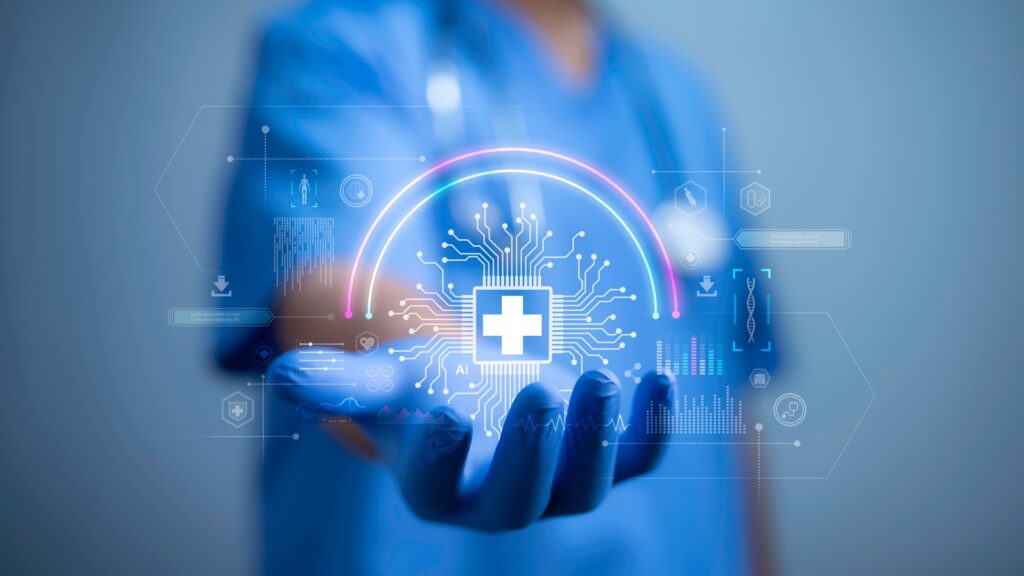Imagine looking into a crystal ball and seeing the future of your health. Now, that vision is becoming a reality. Scientists have developed a groundbreaking artificial intelligence (AI) model called Delphi-2M, capable of predicting the risk of developing over 1,250 diseases and pinpointing the timeframe of their potential onset – with up to two decades of foresight. This development marks a significant leap forward in the realm of preventative healthcare.
AI Breakthrough: Delphi-2M Predicts Over 1,250 Diseases Up to 20 Years Ahead, Revolutionizing Healthcare
While AI has been employed previously to forecast certain conditions, like some cancers or cardiovascular issues, most existing tools are limited to single-disease predictions. This narrow scope restricts their usefulness in offering a complete picture of a patient’s medical history and, consequently, a thorough analysis of their future health prospects.
“A healthcare professional would need to run dozens of these systems to get a complete picture”.
Explains Moritz Gerstung, a co-author of the study and data scientist at the German Cancer Research Center in Heidelberg. Delphi-2M was engineered to address this critical limitation, providing a holistic approach to health prediction.
GPT-2’s Predictive Power
The innovative AI is a customized version of GPT-2, OpenAI’s large language model (LLM). Trained on data from 400,000 patients from the UK Biobank, Delphi-2M incorporates a variety of factors, including:
- Age
- Gender
- Body Mass Index (BMI)
- Lifestyle factors like smoking and alcohol consumption
How Delphi-2M Works
Gerstung clarifies that the system operates similarly to other LLMs, learning the structure of data to generate coherent text.
“Delphi-2M learns the grammar of healthcare data to model medical histories as sequences of events unfolding over time”.

Unprecedented Accuracy and Versatility
Beyond individual predictions, Delphi-2M was calibrated to estimate the frequency of certain conditions within entire groups of people. Testing with data from the UK Biobank revealed that its predictions met or exceeded the accuracy of other AI systems specializing in a single disease.
Further validation, using data from 1.9 million patients from the Danish National Patient Registry, demonstrated the model’s reliability, even when applied to different national health systems. While the predictions were slightly less precise compared to the training data, the results still indicate Delphi-2M’s potential for widespread application.
Synthetic Data: A New Frontier in Research
One of Delphi-2M’s most remarkable features is its ability to generate synthetic health data. Based on real-world statistics, the model can project future disease trajectories without compromising patient identity or privacy. This breakthrough enables researchers to train other AI models to study disease progression using non-confidential clinical data, potentially accelerating research timelines significantly.

More Than Just Predictions: A New Way of Seeing Health
“This is the beginning of a new way of understanding human health and disease progression”.
The model isn’t limited to individual predictions; it allows researchers to:
- Analyze disease development over time: Uncover the sequence of events leading to illness.
- Explore lifestyle interactions: Understand how factors like diet, exercise, and habits influence health outcomes.
- Simulate potential health outcomes: Generate synthetic data and explore “what if” scenarios without compromising patient privacy.
Towards Personalized and Proactive Healthcare
Gerstung envisions a future where models like Delphi-2M are integrated into everyday healthcare.
“Generative models like ours could, one day, help personalize medical care and anticipate healthcare needs on a large scale”.
The Future is Now
The development of Delphi-2M represents a monumental advancement in healthcare technology. As the ability to anticipate potential health challenges increases, so does the potential for proactive and personalized medical interventions.
This groundbreaking AI promises to transform the way we understand and manage our health, ushering in a new era of preventative medicine.

